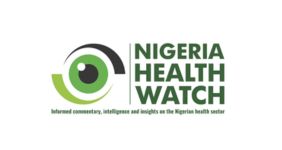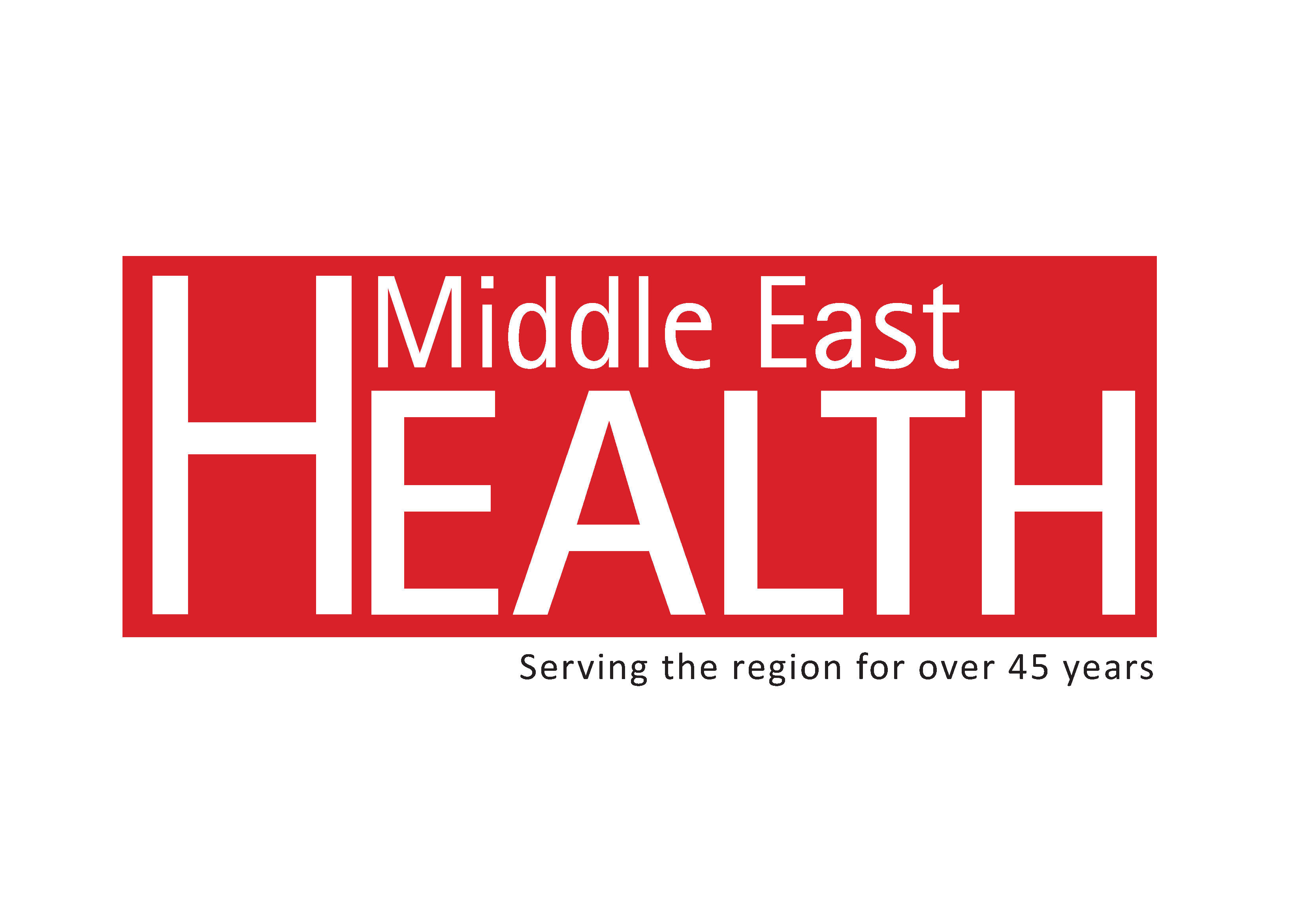How to protect the wellbeing of healthcare staff in the COVID-19 crisis
Experts and campaigns worldwide offer mental health support for healthcare workers.
The COVID-19 pandemic is having a major toll on people's wellbeing worldwide. In a recent American Psychiatric Association poll, more than one-third of Americans said that the coronavirus was having a serious impact on their mental health, and most (59 percent) said it was having a serious impact on their day to day lives.
Healthcare workers are particularly affected. A cross-sectional study of 1257 healthcare workers in 34 hospitals equipped with fever clinics or wards for patients with COVID-19 in China showed that a "considerable" proportion of healthcare workers reported symptoms of depression, anxiety, insomnia, and distress. This was especially true of women, nurses, those in Wuhan, and frontline health care workers directly engaged in diagnosing, treating, or providing nursing care to patients with suspected or confirmed COVID-19.
Doctors and nurses revealed to TIME recently that they'd harboured dark feelings owing to fears of speading the disease to families, frustration about a lack of adequate protective gear, exhaustion and deep sadness for dying patients.
Advice for managers in health faciitiies
BMJ article: Managing mental health challenges faced by healthcare workers during covid-19 pandemic
An Analysis article in the BMJ on Managing mental health challenges faced by healthcare workers during covid-19 pandemic warned that healthcare staff are at increased risk of moral injury and mental health problems when dealing with challenges of the COVID-19 pandemic.
The authors, led by Neil Greenberg, Professor of Defence Mental Health at King's College London, offered measures that healthcare managers need to put in place to protect the mental health of healthcare staff having to make morally challenging decisions. They include the following:
- Healthcare managers need to proactively take steps to protect the mental wellbeing of staff
- Managers must be frank about the situations staff are likely to face
- Staff can be supported by reinforcing teams and providing regular contact to discuss decisions and check on wellbeing
- Once the crisis begins to recede, staff must be actively monitored, supported, and, where necessary, provided with evidence based treatments
Video message from NHS Traumatic Stress Clinic in London, the UCL Institute of Mnetal Health and the COVID Trauma Response Working Group
The following video message was shared by doctors, psychologists and researchers at the NHS Traumatic Stress Clinic in London, the UCL Institute of Mental Health and the COVID Trauma Response Working Group to healthcare workers worldwide affected by the coronavirus COVID19 pandemic:
WHO mental health considerations
Recognising that feeling stressed is an experience that many health workers are likely going through, the World Health Organisation (WHO) Department of Mental Health and Substance Use has developed a series of mental health considerations that can be used in communications to support mental and psychosocial wellbeing.
Their messages for team leaders or managers in health facilities are as follows:
- Keeping all staff protected from chronic stress and poor mental health during this response means that they will have a better capacity to fulfil their roles. Be sure to keep in mind that the current situation will not go away overnight and you should focus on longer-term occupational capacity rather than repeated short-term crisis responses.
- Ensure that good quality communication and accurate information updates are provided to all staff. Rotate workers from higher-stress to lower-stress functions. Partner inexperienced workers with their more experienced colleagues. The buddy system helps to provide support, monitor stress and reinforce safety procedures.
- Ensure that outreach personnel enter the community in pairs. Initiate, encourage and monitor work breaks. Implement flexible schedules for workers who are directly impacted or have a family member affected by a stressful event. Ensure that you build in time for colleagues to provide social support to each other.
- Ensure that staff are aware of where and how they can access mental health and psychosocial support services and facilitate access to such services. Managers and team leaders are facing similar stresses to their staff and may experience additional pressure relating to the responsibilities of their role. It is important that the above provisions and strategies are in place for both workers and managers, and that managers can be role-models for self-care strategies to mitigate stress.
- Orient all responders, including nurses, ambulance drivers, volunteers, case identifiers, teachers and community leaders and workers in quarantine sites, on how to provide basic emotional and practical support to affected people using psychological first aid.
- Manage urgent mental health and neurological complaints (e.g. delirium, psychosis, severe anxiety or depression) within emergency or general healthcare facilities. Appropriate trained and qualified staff may need to be deployed to these locations when time permits, and the capacity of general healthcare staff capacity to provide mental health and psychosocial support should be increased (see the mhGAP Humanitarian Intervention Guide).
- Ensure availability of essential, generic psychotropic medications at all levels of health care. People living with long-term mental health conditions or epileptic seizures will need uninterrupted access to their medication, and sudden discontinuation should be avoided.
Wolters Kluwer podcast on COVID-19 and anxiety
In a 23 minute AudioDigest podcast from Wolters Kluwer, Martin Hsia, Psy.D., Licensed Psychologist, PSY22978, Clinical Director, Cognitive Behavior Therapy Center of Southern California, addresses a wide range of subjects on coping with COVID-19 and anxiety.
They include how clinicians can help patients deal with the mental health aspects of this pandemic, how clinicians themselves can monitor and support their own mental health, how to help ease elevated stress levels of patients suffering from anxiety and OCD and more:
Wellbeing tips from Mental Health Foundation of New Zealand
In New Zealand, the Mental Health Foundation offers wellbeing tips for both managers and healthcare staff working through the pandemic that include:
- Acknowledge it's hard
- Hold regular team checkins
- Set up a buddy system
- Make staff wellbeing a priority
To read more of the article, click here.
























